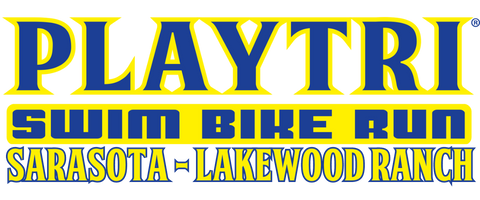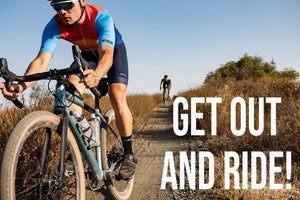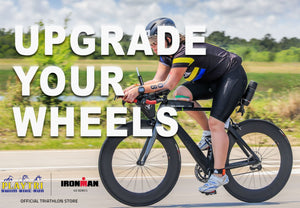
RACE DAY NUTRITION
Race season is here, and it's time to think about your athlete's race day nutrition plan. Following are my general recommendations for different ages and distances - please keep in mind, this is general, meaning it might not be perfect for your athlete. It's a good starting place to build on.
Race ages 6-10 (100y swim/3 mile bike/0.5 mile run):
- Night before: Light dinner, low on grease/unhealthy fats, low fiber, something you know will digest well for your athlete. Make sure they are well hydrated throughout the day before!
- Race day breakfast: 1.5-2 hours before race start, 200-400 calories - primarily carbohydrates, low fiber, with 8-16 ounces of water.
- Pre-race: Hydrate (put a Nuun or similar in their water if it is a hot day), and have a last 50-100 calorie simple carbohydrate snack IF they are hungry leading up to the race.
- During the race: No calories, can have a water bottle in transition and/or take water from aid stations on the run.
- Post-race: Eat 200-300 calories (primarily carbohydrate - healthy ones!) and drink 8-16 ounces of water within 30 minutes of finishing.
Race ages 11-15 (200y swim/6 mile bike/1 mile run):
- Night before: Light dinner, low on grease/unhealthy fats, low fiber, something you know will digest well for your athlete. Make sure they are well hydrated throughout the day before!
- Race day breakfast: 1.5-2 hours before race start, 300-500 calories - primarily carbohydrates, low fiber, with 8-16 ounces of water.
- Pre-race: Hydrate (put a Nuun or similar in their water if it is a hot day), and have a last 50-100 calorie simple carbohydrate snack IF they are hungry leading up to the race.
- During the race: No calories, can have a water bottle in transition and/or take water from aid stations on the run.
- Post-race: Eat 200-400 calories (primarily carbohydrate - healthy ones!) and drink 8-16 ounces of water within 30 minutes of finishing.
Race ages 12-16 (375m swim/6 mile bike/1.5 mile run):
- Night before: Light dinner, low on grease/unhealthy fats, low fiber, something you know will digest well for your athlete. Make sure they are well hydrated throughout the day before!
- Race day breakfast: 1.5-2 hours before race start, 300-500 calories - primarily carbohydrates, low fiber, with 8-16 ounces of water.
- Pre-race: Hydrate (put a Nuun or similar in their water if it is a hot day), and have a last 50-100 calorie simple carbohydrate snack IF they are hungry leading up to the race.
- During the race: No calories, can have a water bottle on the bike (likely does not need to be full) with Nuun or similar (if the day is hot), and/or take water from aid stations on the run.
- Post-race: Eat 200-500 calories (primarily carbohydrate - healthy ones!) and drink 8-16 ounces of water within 30 minutes of finishing.
Race ages 16-19 (750m swim/12 mile bike/5K run):
- Night before: Light dinner, low on grease/unhealthy fats, low fiber, something you know will digest well for your athlete. Make sure they are well hydrated throughout the day before!
- Race day breakfast: 1.5-2 hours before race start, 300-500 calories - primarily carbohydrates, low fiber, with 8-16 ounces of water.
- Pre-race: Hydrate (put a Nuun or similar in their water if it is a hot day), and have a last 100 calorie simple carbohydrate snack (gel or similar) with water 15 minutes before race start.
- During the race: Training races should always have a gel or similar (basically 100 calories of simple carbs) towards the end of the bike. A races usually should have no calories during the race, though the athlete should take water on the bike (with Nuun or similar if it's a warm day)
- Post-race: Eat 200-500 calories (primarily carbohydrate - healthy ones!) and drink 8-16 ounces of water within 30 minutes of finishing.
Please let your head coach know if you have any questions!
Happy Tuesday,
Coach Morgan



Leave a comment